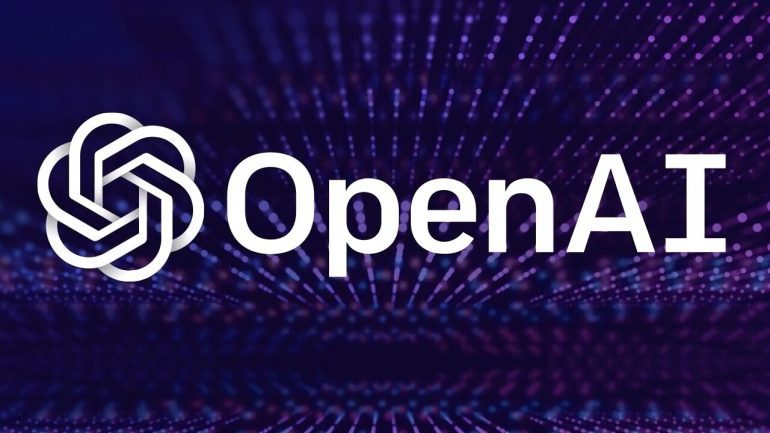- Whistleblowers accuse OpenAI of imposing unlawful restrictions on employee communications with government regulators.
- Allegations focus on severance, non-disparagement, and non-disclosure agreements (NDAs) hindering SEC disclosures.
- Claims suggest NDAs violated whistleblower rights and discouraged reporting of securities violations.
- Senator Grassley highlights concerns over AI oversight and whistleblower protections.
- OpenAI faces scrutiny for prior controversial employee exit agreement provisions.
Main AI News:
OpenAI is facing allegations from whistleblowers who claim the organization has imposed unlawful constraints on how employees interact with government regulators. According to a letter obtained by The Washington Post, lawyers representing anonymous sources have approached SEC Chair Gary Gensler with concerns over OpenAI’s severance, non-disparagement, and non-disclosure agreements (NDAs).
The letter asserts that these agreements not only discouraged employees and investors from communicating with the SEC about potential securities violations but also required employees to waive their rights to whistleblower incentives and compensation. Furthermore, employees were allegedly mandated to notify OpenAI about any interactions with government regulators, which whistleblowers argue violated legal protections.
The SEC has reportedly been provided with evidence suggesting that OpenAI’s previous NDAs may have been in breach of the law by compelling employees to sign overly restrictive contracts as conditions of employment, severance payments, and other financial considerations.
OpenAI has yet to respond to requests for comment from TechCrunch, but a spokesperson informed The Post that the organization’s whistleblower policy is designed to safeguard employees’ rights to make protected disclosures.
In response to these developments, Senator Chuck Grassley (R-Iowa) confirmed that The Post obtained a copy of the whistleblowers’ letter from his office and emphasized the crucial role whistleblowers play in addressing threats posed by AI. He expressed concern over OpenAI’s policies potentially discouraging whistleblowers from speaking out and receiving due compensation for their disclosures.
Grassley stressed that effective oversight of AI is vital for national security, asserting that OpenAI’s approach to NDAs must evolve to support, rather than hinder, whistleblowers’ rights.
Earlier this year, OpenAI faced criticism for its employee exit agreement, which reportedly included provisions that could revoke former employees’ vested equity if they refused to sign or breached NDAs. CEO Sam Altman responded to the controversy by acknowledging the concerns and indicating ongoing efforts to revise the company’s exit procedures.
Conclusion:
The allegations against OpenAI regarding illegal NDAs and whistleblower constraints could significantly impact the market’s perception of the company’s ethical practices and regulatory compliance. Investors and stakeholders may scrutinize OpenAI’s governance and transparency measures more closely, potentially affecting its reputation and operational policies moving forward. These challenges underscore the importance of robust whistleblower protections and ethical guidelines in AI development and corporate governance.

